CYBER-ADDICTION & SOCIAL MUTATION

That we live in an amazing time of change, ever-accelerating, is beyond doubt. Technology has swept through our lives, for better or for worse, influencing thinking, action, attitudes and such basic behavior as shopping patterns (consider the sensational reportage of ‘The Death of Retail’). Young people are increasingly baffled about study and career choices, as many traditional ‘safe choices’ are now quickly going the way of vaudeville. Look at what has happened to a reliable, comfortable business like old-fashioned travel agents: when you can make reservations instantly from your computer at home, comparing prices and alternative routes, why bother involving an agent – particularly when that agent might not beat your best price?

Well the answer to that is becoming clear with the many sad stories and broken dreams of internet ripoffs and screw-ups which would never have happened if an expert human travel agent had taken responsibility for arranging a trip. Here’s something that a registered travel agent operating a business out of a bricks & mortar office, would have saved miserable consumers from: ‘A Washington state family, as TMR previously reported, received an email a few weeks before its $874 vacation was cancelled due to overbooking.
‘After hours on the phone, Holly Parsons walked away with $500 in Expedia vouchers and three nights in a Holiday Inn Express.
‘“I feel for this family that has suffered a horrendous experience: not only were they left with no refund but also a cancelled trip,” Mussolini said. That would never have happened if they had used a travel agent. “Using one of those websites is taking a risk and can be a setup for a disaster. During peak seasons to find out your trip is cancelled and have no refund is the worst news – but on top of that, trying to scramble to plan something at the last minute is even worse.”’
Hey smart reader & careful shopper! You over there – the not-so-smart one too: have you ever clicked on one of those colorful websites promising you sensational deals like a Rp 100,000 flight to Bali? Or a package of two days and nights in Singapore, with a hotel room and free breakfast, for only Rp 500,000? Did you bite? Did they deliver, without shitty service or hidden charges or sticking your credit card with a full price? Do you believe in Santa Claus and the Easter Bunny?
Herein lies the essential difference, and challenge, of the cyber-world: when you do not deal with a living human being, in a clearly authentic place of business, you risk losing the single most essential element of interpersonal relationships:

Or, to put it more bluntly – as any of you looking for hot dates or exciting new friends on the web have undoubtedly discovered:

IT’S THE POWER OF ANONYMITY…
…and it’s a power that tempts one to lie, cheat, hurl horrible insults or express forbidden opinions – with absolutely no chance of discovery or reprisal. Therein lies the great danger, as parents, teachers and erstwhile community leaders have discovered over the thirty years of the internet’s existence.
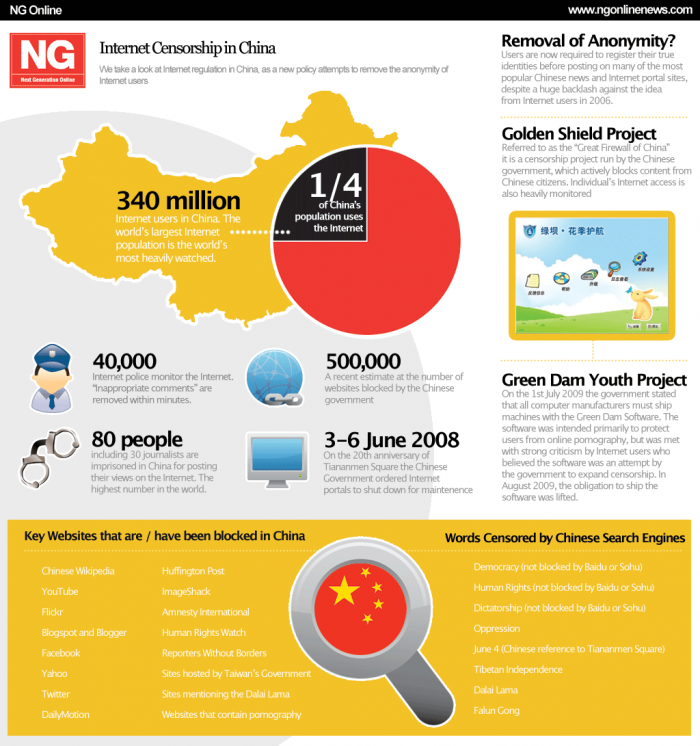
You can be anyone you choose, take any name that pleases you, smash anyone with words or pictures as you like, except now in many countries you cannot: good old totalitarian PRC was one of the first.
‘China is further tightening control of the internet with a new rule requiring users to register their real names and other personal information before they can post comments online.
‘The rule, detailed by the Cyberspace Administration of China on its website on Friday, requires website operators to protect personal information, strengthen content reviews, conduct real-time information checks, and formulate plans to deal with emergencies. It will be officially enforced on October 1, 2017.
‘It also prohibits service providers of online forums in China from seeking illegitimate interests through publishing, forwarding, or deleting information on the platforms.
‘Illegal content has been found on certain Chinese internet platforms – including pornography, false advertising, violence and slander, and the invasion of personal information – that disrupts the information dissemination order on the internet and hurts public interests, said the guideline. It added that it is the majority of internet users who have called for the regulation of online community services.
‘China has stepped up regulating the internet since the country’s first ever cybersecurity law officially took effect on June 1.’
But of course that is one of the most tightly-controlled societies in the world, where the authorities boast they can comb through the personal data of 1.2 billion residents in just a couple of seconds. (No jilbabs, hoodies or burqas allowed, please.)
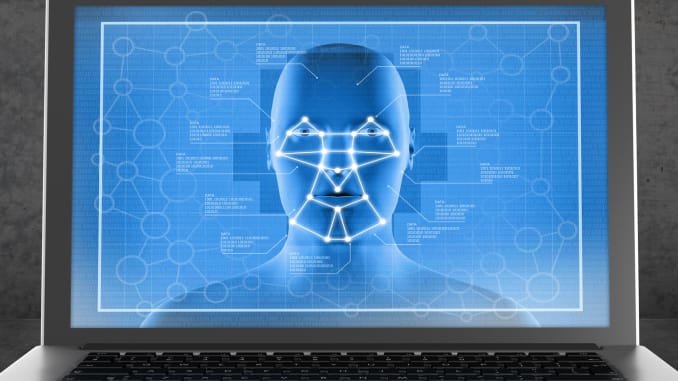
Is this going to work? Will it bring the rambunctious, dangerous, unpredictable and saucy avalanche of internet content under tight government control? Those readers who have traveled to China and seen the ubiquity of VPNs – even government officials and professors use them – can get an idea of how information has a way of ‘leaking’ no matter how close the control exerted by authorities.
In the west and around democratic societies – like the Republic of Indonesia – open discussion is roiling, as to the ‘Pros and Cons’ of social media …
Alarmed parents, teachers and other control freaks would like to exert control: ‘…two hours maximum of internet per day…’ ‘…no mobile devices at the dinner table or during family meetings…’ ‘…fail your study and we’ll take away your mobile for a week…’
These may seem like trivial restrictions to older adults (remembering a more peaceful, slo-mo era where the biggest distraction was a yammering TV set), but spell death to cyber-addicted children.

What is this doing to their developing brains? Nobody can say – because this has never happened before in history. What is happening to their social skills? What social skills? Nobody has time to interact face-to-face: they’re too busy texting or surfing or playing games.
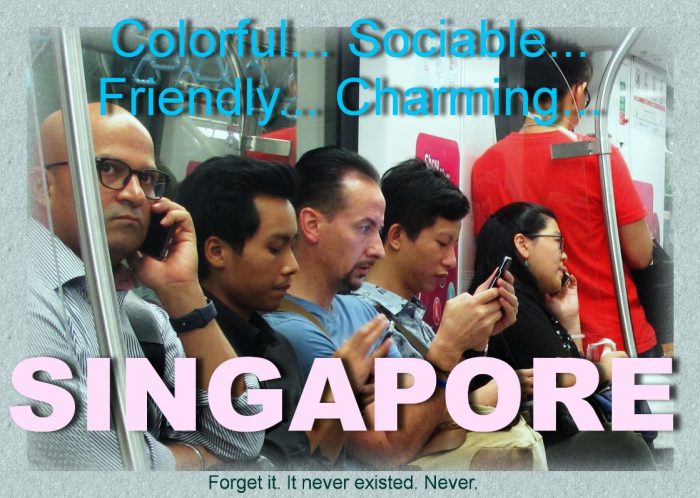
Does Indonesia want to become like our charming tiny city-state neighbor? What, you think we already are?

ALL THE WAY TO… HOMICIDE?
It is shocking to consider how seriously people take their ostensible ‘presence’ on social media:
The scene was a nightmare: a young couple shot to death in their rural Tennessee home. Their 6-month-old baby boy, left for dead, was found unharmed in his mother’s arms.
Days after the January 2012 slaying, relatives of victims Billy Jean Hayworth, 23, and her fiancé, Bill Payne, 36, pleaded for help. The Johnson County Sheriff’s Department had no leads.
“I didn’t know a soul that didn’t like them,” Hayworth’s mother, Martha, told a local paper. “If … anybody out there with any information that could lead to … who killed them, please come forward.”
But no one in the sleepy mountain town was prepared for the reported motive behind the murder plot: The victims had “unfriended” a woman on Facebook.
Can you believe this? The dead couple certainly would.
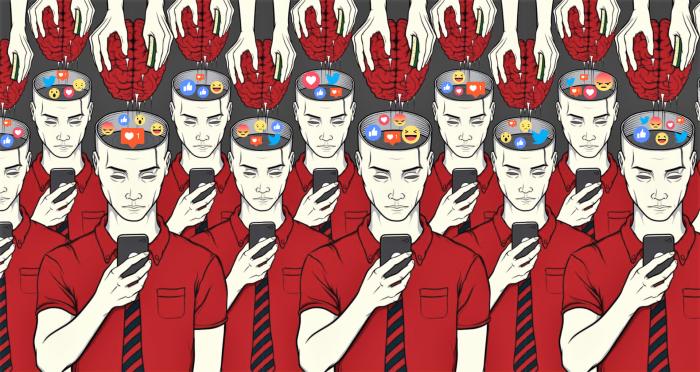
DOES SOCIAL MEDIA INSPIRE AUTISM?
What, you don’t believe it? Think it’s a hoax? Some folks are raising the alarm:
“Spending too much time using Facebook could cause users to show signs of ‘virtual autism’ that has similar personality traits to those on the disorder spectrum, according to a study.”
Old-timers may remember the “violence-laden comic book panic” of the 1950s – there were even Congressional hearings on the matter, working over the issue of free speech vs. public safety / social responsibility (“protecting the children” is always a good excuse for any kind of repression).
SO WHAT TO DO, WHAT TO DO…

The argument against suppressing internet usage is that it has become central to our lives. Consider people in a big country like Canada or Australia living in small towns of 5,000 to 25,000 residents – perhaps farming communities. Traditionally technical experts, government workers, teachers and doctors would have to fly around in dangerous small aircraft in order to serve citizens with no appropriate medical or educational institutions. Australia had a full-developed system of ‘flying doctors’. Today much of that can be handled via the web, working with local nurses or semi-skilled medical personnel:
‘Rural America’s Busiest ED
‘From an industrial park in Sioux Falls, South Dakota, a team of some 15 doctors and 30 emergency nurses take shifts providing remote emergency care for 179 hospitals across 30 states, according to the Washington Post.
‘The company, Avera eCare, is filling a gap in rural America, where the number of patients ending up in emergency rooms is rising while the number of physicians and hospitals is falling.
‘The teams respond to more than 15,000 emergencies each year via remote-controlled cameras and computer screens. They wear scrubs, but they work out of high-tech cubicles instead of exam rooms.
‘These clinicians see more critical cases in 24 hours on screen than most emergency physicians get in a month, the Post reported: an average of one severe heart attack, one suicide attempt, two pediatric emergencies, three traumatic injuries, four intubations, and five patients in cardiac arrest.
‘One case observed by a reporter: the remote doctor walked a team of nurses and a physician assistant through intubating a comatose and unresponsive patient in an ED in eastern Montana.
‘“If anything defines the growing health gap between rural and urban America, it’s the rise of emergency telemedicine in the poorest, sickest, and most remote parts of the country, where the choice is increasingly to have a doctor on screen or no doctor at all,” the article stated.’

Soon this will be combined with such whiz-bang advances as robotic surgery, where a specialist can operate on a patient thousands of kilometers away (the family of the patient having signed a release exempting the physician from the usual responsibility). Again, the PRC is at the forefront of this astounding medical advance.
It’s everywhere. From pimply twenty-year-olds sitting at a monitor in Utah and guiding American missiles into Afghan wedding parties to heart surgery via 5G, distance and access becomes no barrier. Is this not a rationale for going whole-hog on internet access for all? At least this seems to be the attitude of the Government of Indonesia, whose archipelago-encompassing BTS and fiber-optic networks will supplant tricky and expensive satellite access for connecting the nation.

But what is the internet doing to our brains? That is something which no one can predict definitively – since all this cyber-media is so new and uncontrolled.

Take cell phones: manufacturers assure the public that the weak microwave transmission emitted cannot affect the human brain. Well maybe not today or tomorrow but over a ten-year period of yakkity-yakkity-yak-yak-yak? The damage could be tiny but cumulative. Most importantly: nobody yet knows.
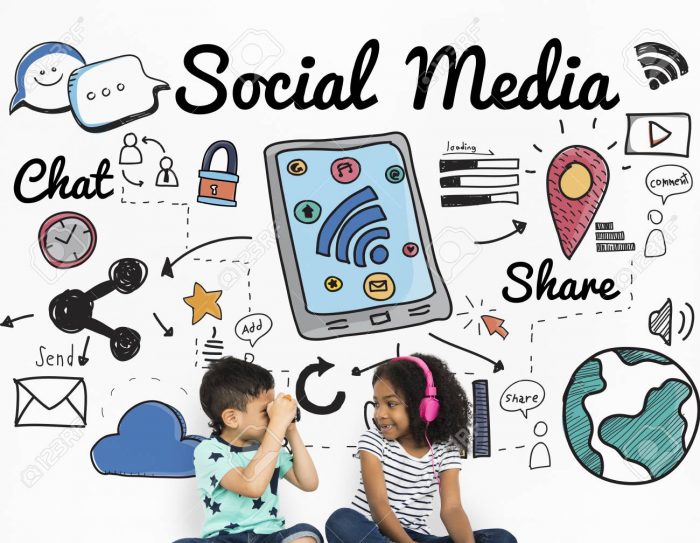
What is happening to the developing brains of children absorbed in social media? Will Instagram or Snapchat cripple their ability to interact with others?

Are parents even in control any longer, when obsessed kiddies pay much more attention to their mobile devices than they do to mommy and daddy? What should parents teach their kids about controlling their social media addictions? There is also the ever-growing concern about the effects of powerful radio-frequency (RF) 5G transmissions on human beings – electromagnetic field exposure has really not yet been adequately investigated.
Activist groups, supported by an echo chamber of Internet Web sites, have protested the installation of Wi-Fi in schools, wireless-enabled electric utility meters, cellular base stations, and other infrastructure that transmits RF energy into the environment.
When the entire world becomes dependent on such media for daily survival, will anyone have the courage to demand it be shut down? Technology certainly has its own, often unstoppable, momentum.

Maybe it’s too late to do anything… maybe we’ll have to wait until the Great Collapse rolls along, and worldwide electrical grids start to fizz and flicker before eternally winking out…
Ha ha ha, boo hoo hoo – no more internet for you, kiddies. Your devices are forever… BRICKED.
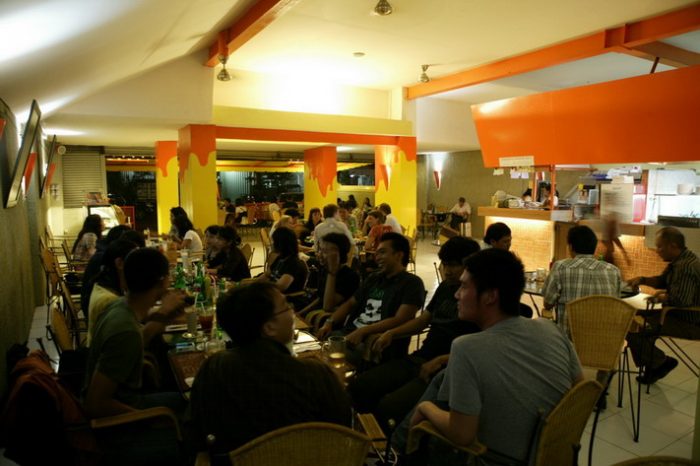
Until then, guys’n’gals, let’s make merry. And nowhere better to do so than YaUdah Bistro, where cheap wine, fine food and song (well maybe not) fill the days and nights. Drop by our new Serpong Branch, where you can sit outdoors and smoke to your heart’s content as you gobble steak, sausage, ‘taters & pasta, or you can sit indoors victoriously non-smoking as you eat and point and laugh at those fouling their lungs outside. Up to you, pal.

Awaiting your patronage, with strong free Wi-Fi day and night. Just don’t get your wife’s number mixed up with numbers of your <ahem> other intimate friends. We have no medication to solve such woes.
Remember: our loyal readers and eaters will always be welcomed back to the classic Menteng area of Jakarta and to Ya Udah Bistro, where a great selection of European and Asian cuisine and drinks awaits you, along with an elegant, polite mood, good company and a breezy outdoor atmosphere where you can smoke and laugh and yell to your heart’s content.
Hey, thanks for reading our Ya Udah Bistro blog. Please check out some of the earlier newsletters on the Ya Udah Bistro website. We do appreciate your comments on these fanciful expositions as well. All Comments welcome!



